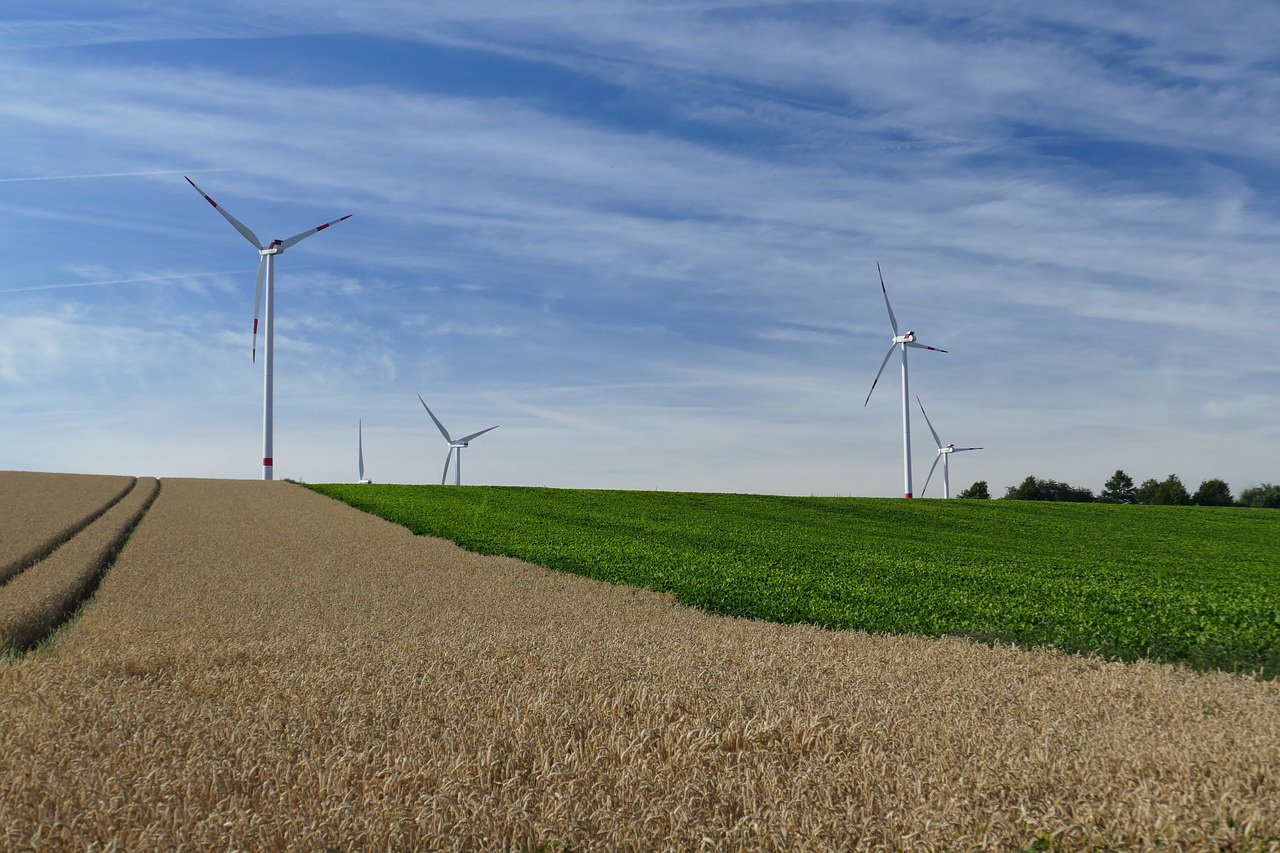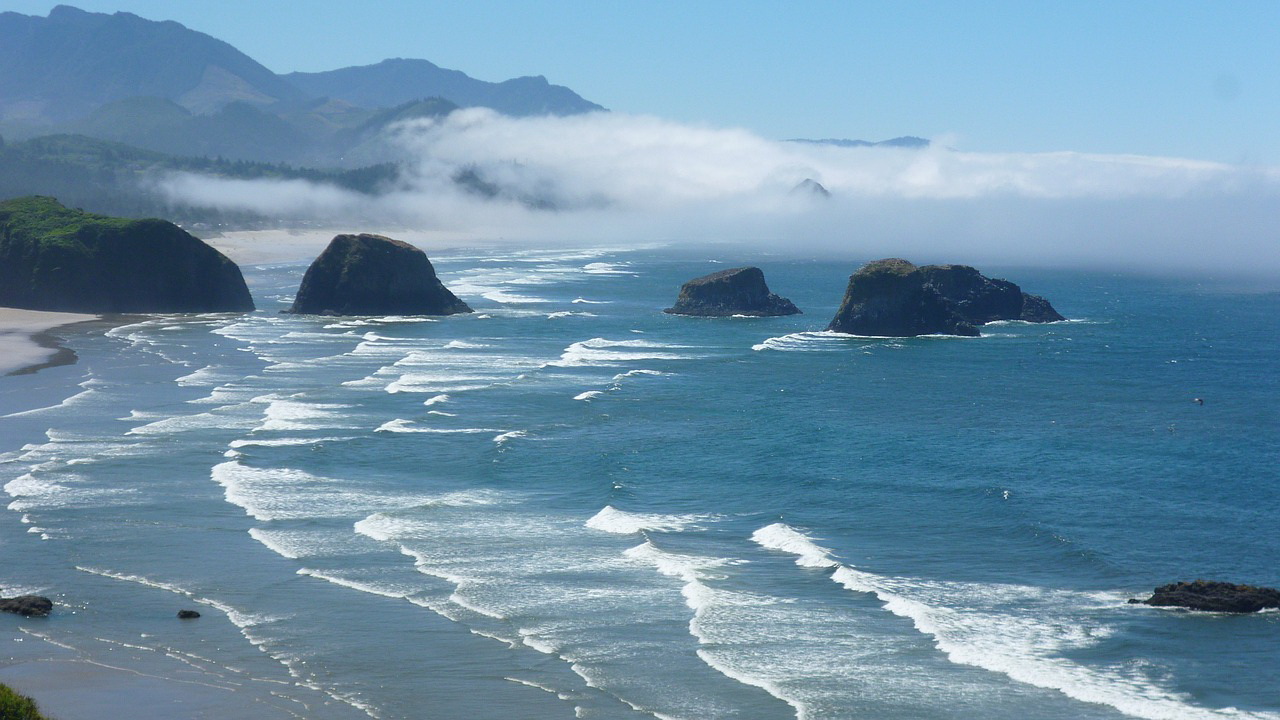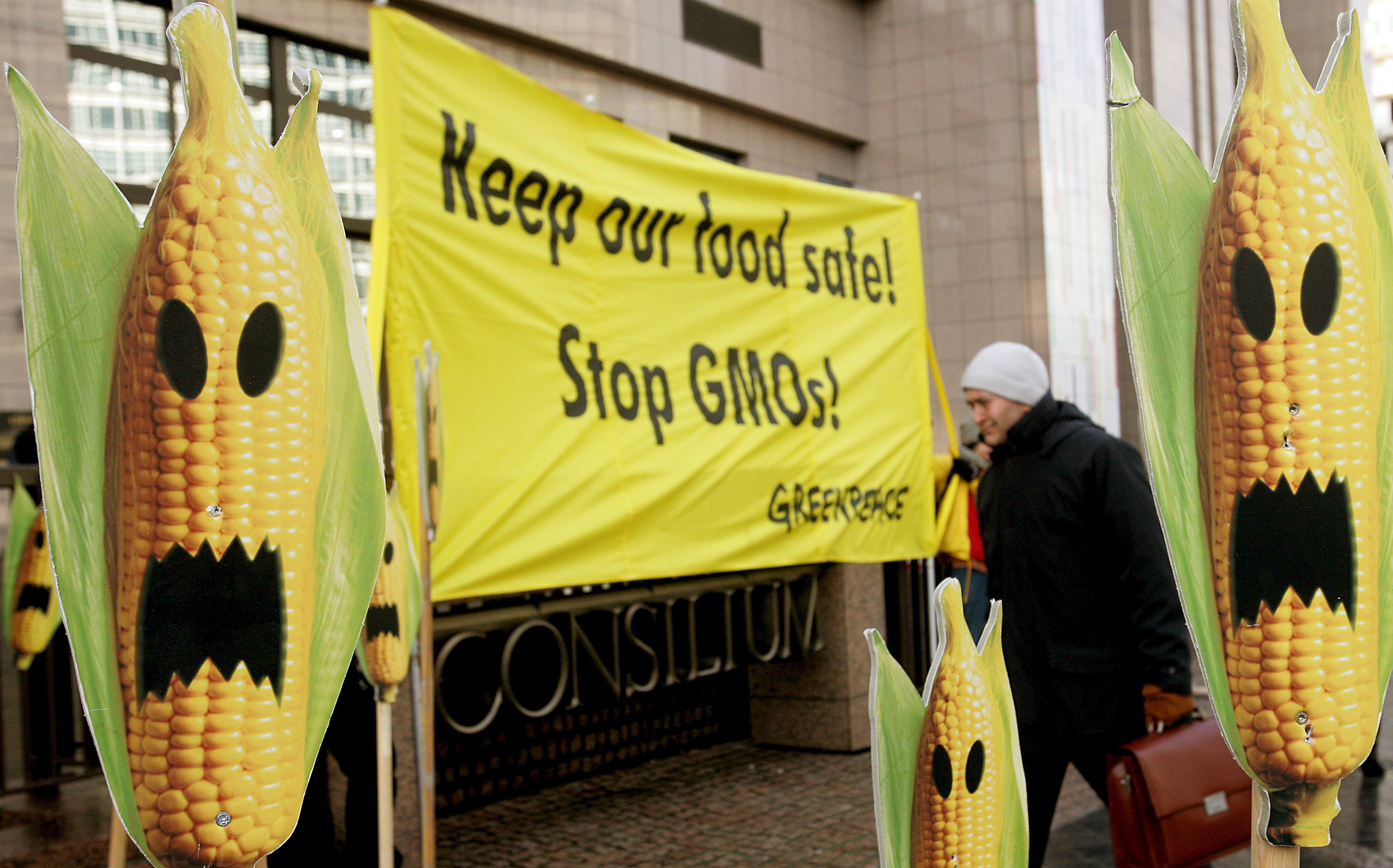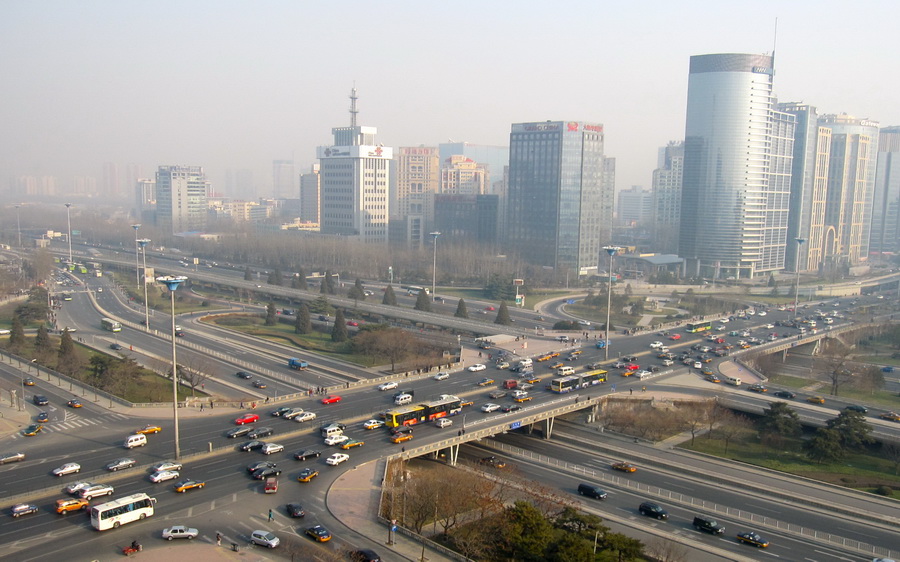The paradise paradox: Maldives, a sinking country?
- Environment and Energy, Human Rights and Migration, Op-ed
- 24/03/2019

With anti-Europe sentiment rising through Member States, the EU is facing a crisis of faith. The Energy Union provides an argument for continued European integration, with energy democratisation as the key to its success.
READ MORE
As the world`s population is rapidly extending, the possibility to explore new sources of food is in place. A big potential is in the oceans. Our approach to land, for already 10000 years, has been agriculture. Regarding the oceans, however, we are still hunters and gatherers – and rather inefficient ones. In order to ensure sustainable food production in the future, we should change our hunting strategies and start the sustainable farming.
READ MORE
Recently, ivory trade has caused a great deal of furore between the EU, the public and conservation organisations. However, despite a legal misinterpretation leaving the EU misjudged, the resulting message that consumer demand for ivory is lawful, that killing these mythical creatures is acceptable and that they are a resource to be exploited, remains untouched.
READ MORE
The agricultural sector encounters undoubtedly a form of crisis in Europe. In France, hundreds of farmers continue to unleash a torrent of almost daily protests against the collapse of milk and pork prices. In Italy, the situation is alarming too. Last year, Coldiretti, Europe’s largest agricultural professional organisation, rang an alarm bell: agriculture may disappear in thirty-two years in Italy.
READ MORE
Big non-governmental organisations (NGOs) like Greenpeace can have enormous impact on people’s perceptions of environmental issues. Their campaign against genetically modified foods is a good example. However, when they use that influence to further their own agenda, rather than the public good, it can have very serious consequences.
READ MORE
The role of cities in efforts for global emission reductions are high on the global agenda. However, the reality of the funding gap between the demand for investment from cities in the developing world, and the capacity to mobilise funds, brings to the fore the stark inequalities that endure between developed and developing states.
READ MORE